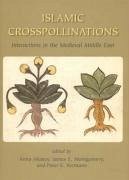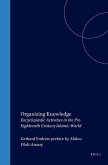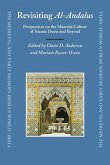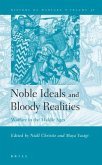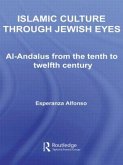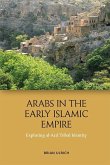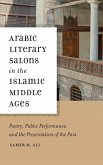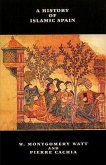Islam as a cultural, intellectual, and religious venture appears in the popular imagination as a monolithic entity. Orientalists of the traditional ilk have tended to describe it in essentialist terms, whilst many fundamentalist Muslims themselves promote their construction of a pure and unadulterated Islamic past, to which they strive to return by purging foreign or unauthentic elements from their religion. Next to these attempts, another more traditional view sees the influence between the Western and the Islamic world in linear and teleological terms. Knowledge was transmitted, so to speak, from Alexandria to Baghdad, and hence to Toledo and Paris. The present volume challenges both these concepts regarding the development of Islamic cultures. To do justice to the complexity of structures within which the Muslim Middle Ages unfolded, it approaches the questions of interaction and influence through a novel conceptual framework, that of crosspollination. Instead of telling the story of the transmission of Western works from Greece via Islam into the Latin world, a number of case studies highlight the plurality of encounters between Islam and other adjacent cultures.

